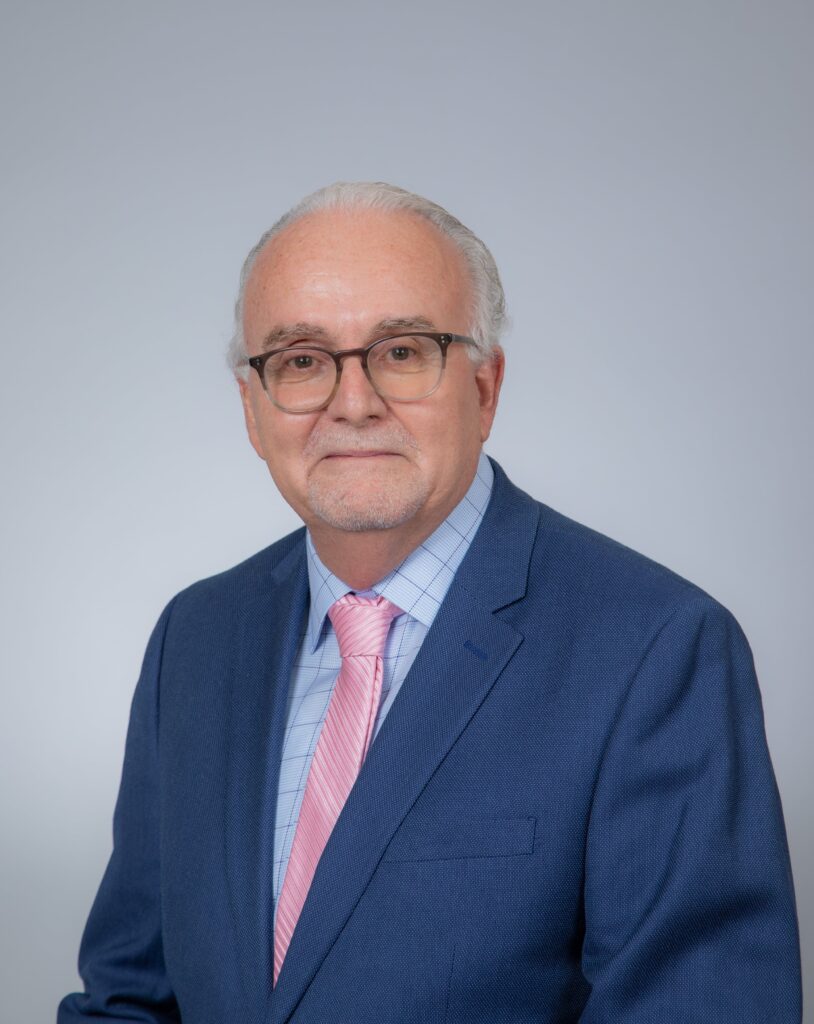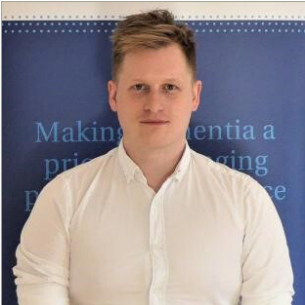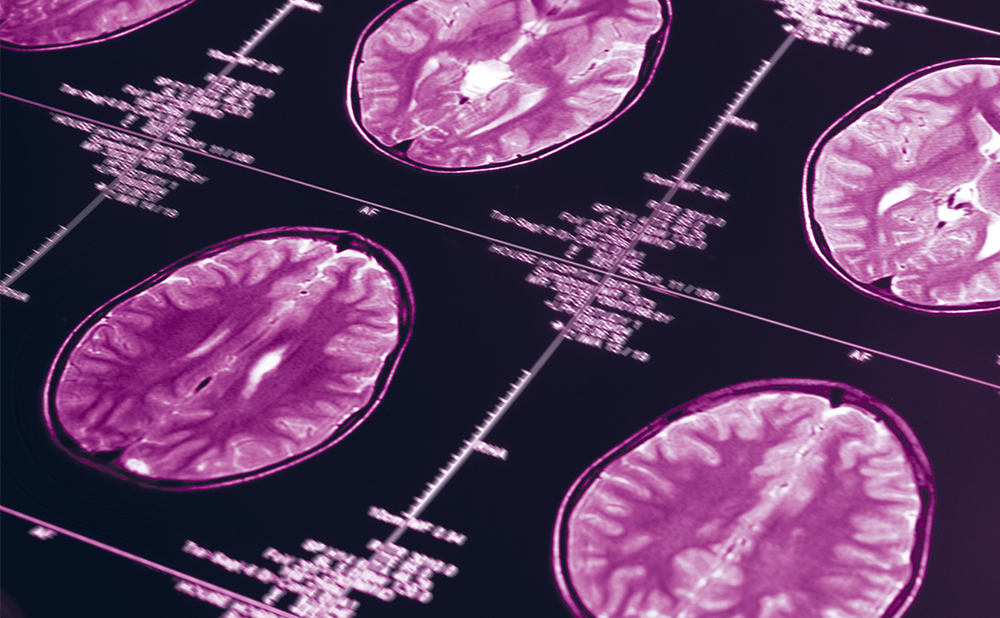In 1990, representatives of the Belgian, Dutch, Irish and Spanish Alzheimer and dementia associations met in Louvain, Belgium, to discuss the possibility of setting up a network of European Alzheimer and dementia associations, which should focus on the exchange of information, experiences and best practices between countries with similar social and cultural systems.
European Projects
In 1990, representatives of the Belgian, Dutch, Irish and Spanish Alzheimer and dementia associations met in Louvain, Belgium, to discuss the possibility of setting up a network of European Alzheimer and dementia associations, which should focus on the exchange of information, experiences and best practices between countries with similar social and cultural systems.
European Projects
In 1996, the funding by the European Commission (EC) of specific Alzheimer projects allowed Alzheimer Europe to successfully apply and carry out transnational European projects bringing together a number of national Alzheimer and dementia associations around common initiatives, such as:
• the development of a telephone helpline manual and a training programme for helpline operators;
• the development of a comprehensive Internet site of the organisation;1
• the drafting of a European carers’ manual providing practical tips for carers of people with dementia, currently available in Danish, French, German, Greek, Italian, Portuguese and Turkish;
• the drafting of a children’s book, currently available in Danish, Flemish, French, German, Greek, Italian and Portuguese, and shortly in English;
• an inventory of legislation affecting people with dementia and their carers in the 15 Member States of the EU with a particular focus on such issues as legal capacity, informed consent and proxy-decision- making systems;
• the adoption of recommendations on the legal rights of people with dementia and their carers and guidelines for the use of restraint;
• a survey on the needs of male and female carers of people with dementia in six European countries; and
• the development of a database with information on the rarer forms of dementia.
These projects allowed Alzheimer Europe to further develop its network by employing staff based in Luxembourg and encouraging a greater number of organisations to join the association, thus bringing the number of member organisations to 30 from 26 countries.
From Information Exchange to Interest Representation
With the growth of the organisation and the development of transnational projects focused on exchanging information and best practices between national associations, the role of Alzheimer Europe underwent slight changes. The growing recognition of the organisation and the impact that had on its activities further contributed to the need for Alzheimer Europe to rethink its main activities and adopt a business plan.
The business plan adopted by the annual general meeting in Maastricht in 2002 therefore built on the earlier aims of the organisation and adopted a new mission statement, specifying that:
“Alzheimer Europe is an interface between national member organisations and European structures in order to represent the interests of people with dementia and their carers, to promote information exchange and to develop policy.”
Dignity, Respect and Self-determination
The organisation’s business plan also clearly defines the underlying philosophy or guiding principles for the organisation. Thus, Alzheimer Europe’s programmes and projects should be focused on enhancing the dignity, respect and self-determination of the person with dementia and his/her family throughout the course of the disease. This philosophy has guided the organisation in defining five main priority areas where actions are clearly needed to improve the current situation of people with dementia and their carers.
Ensuring That People with Dementia and Their Carers are Referred to Alzheimer and Dementia Associations
The disclosure of a diagnosis of Alzheimer’s disease (AD) or related disorder to the patient (when he/she is still able to understand) and the family is a critical event. They are faced with a totally new situation, which may last for many years. They have little idea about the problems that they will face or how to solve them.
Generally speaking, carers clearly express the opinion that information on the disease provided by specialists at the disclosure of the diagnosis is insufficient. Most of them do not receive any additional information at all concerning structures able to help them. Alzheimer and dementia associations are crucial in providing information, support and services.
The aim of Alzheimer Europe is that “no diagnosis of AD should be disclosed to the family and/or carer without the address of an Alzheimer or dementia Association they could contact.”
Promoting the Autonomy of People with Dementia Through the Right to an Early Diagnosis and the Recognition of Advance Directives
For a number of years, the diagnosis of AD was made during the later phases of the disease. Overall, the diagnosis was disclosed to the patient and the family together in slightly more than half of all cases and to the family alone in nearly half of all cases. Even today, specialists and families estimate that in half the cases, a diagnosed person will not be able to fully understand the implications of the diagnosis.
There may be many reasons why a high number of people with dementia have not been informed of their diagnosis, one of the main ones being that at the time of the diagnosis, the person may already be in an advanced phase of the disease where he/she may no longer be able to understand the diagnosis. The right for people with dementia to take an active part in decisions affecting their lives is currently dependent on whether they are informed of their diagnosis. Yet, even in cases where people with dementia have been informed of their diagnosis, current medical and legal practice does not guarantee that wishes expressed by people with dementia at a time when they are fully able to do so will be respected.
In most European countries, doctors are able to choose between the principles of the ‘best interests’ of patients and their ‘previously expressed wishes’. While written advance directives or living wills may be consulted and even respected, no European country has developed a clear legal framework for the respect of wishes expressed in such an advance directive.
Alzheimer Europe believes that every person with a diagnosis of AD should:
• be informed of the possibility of taking decisions about his/her future (treatment, guardian, palliative care, end of life, etc.);
• be able to get professional help in taking those decisions; and
• benefit from a legal framework that ensures the respect of wishes expressed in this way.
The aim of Alzheimer Europe will be that “every person with AD in an early stage should be informed about the possibility of legally expressing his/her wishes for the future”.
Improving the Support and Counselling of Carers of People with Dementia at the Onset of the Disease
The relatives who are told the diagnosis of dementia of a loved one face many difficult questions that are specific at the onset of the disease. They are not only faced with having to receive further information on the disease itself, but also need advice and information on how to react to their loved one, how to cope with the effects of the disease on the patient and his/her family, how to reorganise the family circle, how to face practical decisions on the daily life and how to deal with their own emotions.
Health professionals involved in the diagnosis of AD and other forms of dementia cannot be expected to provide full information on the various questions, which carers of people with dementia may have at the onset of the disease. Therefore, carers of people with dementia very often face these problems on their own and are not aware of the possibilities they have to receive specific counselling from Alzheimer associations. Often, carers of people with dementia only contact Alzheimer associations and other services at a time when they already encounter their first difficulties in coping with the situation.
Alzheimer Europe strongly believes that counselling at a time shortly after a diagnosis of dementia may prepare carers of people with dementia to cope better with a difficult situation. Health professionals should be an important link in directing carers of people with dementia to Alzheimer associations, which may help carers with the many questions that they may have at the onset of the disease. The main aim of this priority could be defined as: “No diagnosis of AD without access for the family to information, support or counselling”.
Promoting Quality of Care at Home
In most cases, home is the best place to live for a patient with dementia. Therefore, it is important to promote good quality of life and care at home. People with dementia and their carers have a right to lead their lives as normally as possible. Good quality of care at home depends on support of the family in its task of taking care of a person with dementia and the existence of necessary forms of support and services.
The aim of this priority area is to also look at the changing demographics and the influence that these will have on care provision at home in the future. Thus, a high number of marriages ending in divorce, a high proportion of women opting to combine work and family life and a growing number of people choosing to remain single are all factors that may lead to fewer people with dementia being able to rely on a primary care-giver in the future.
In recent years, the focus of development in dementia care has been on developing institutional care. However, Alzheimer Europe feels that it is necessary to recognise the means by which home care of high quality can be provided. This alternative is not only satisfying from an individual point of view, but also cost-effective.
It is important to have common quality standards in the field of home care. As a result of early diagnosis, there is a need to emphasise the meaning of quality of care at home. It is essential to gather information on patients’ own experiences. The member associations of Alzheimer Europe have established and provided different services and forms of support. These associations have a close relation in the everyday life of people with dementia and their family care-givers. Although the social and healthcare systems vary in different European countries, the needs of people with dementia and their family care-givers are nearly the same. It would therefore be useful to set common standards and recommendations for care at home on a European level.
Promoting the Dignity and Autonomy of People with Dementia at the End of Their Lives
While a number of initiatives have been developed to promote the quality of life of people with dementia throughout the various stages of the disease, less research has been devoted to quality care of people with dementia in the final stage of their disease. Only a limited number of specialised services currently exist in the areas of quality care of the dying or palliative care especially targeted at people with dementia.
Similarly, ethical problems may arise in the end phases, such as the question of withholding and withdrawing treatment or the issue of force-feeding. The countries covered by the member organisations of Alzheimer Europe differ in their appreciation of these questions and, currently, no clear consensus has been achieved in this field.
In the light of this lack of consensus, as well as differing legal, ethical and medical practice, Alzheimer Europe would like to develop a consensual approach of the various questions raised by people with dementia at the end of their lives. Any such approach would be dictated by the rights of people with dementia to dignity and a respect of their autonomy or previously expressed wishes. It would be important to develop clear guidelines on the ethical issues surrounding the end of life of people with dementia, while simultaneously developing recommendations to promote quality care of the dying.
Alzheimer Europe is committed to following these five priority programmes and is interested in close collaboration with other interested organisations and individuals. ■














